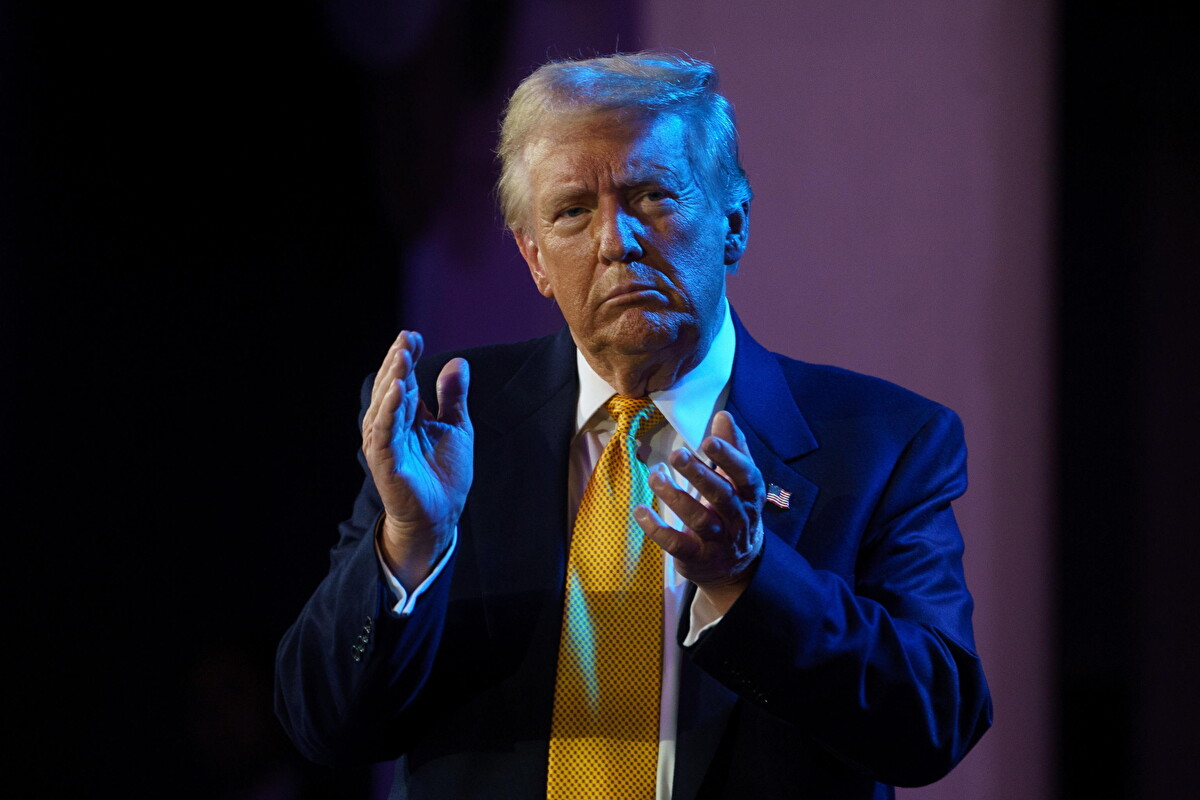On the streets of the Barrio de San Lucas, in Mexico City, Claudia Sheinbaum was known to everyone as the girl who avidly devoured books on science and politics—while her peers got lost in adventure stories and romance novels. On Tuesday, she is set to be sworn in as Mexico’s first female president, becoming one of the most influential women on the planet.
Still, she will have to contend with a towering legacy: that of her political mentor, Andrés Manuel López Obrador, more commonly known by his acronym, AMLO. Even after Sheinbaum’s overwhelming electoral victory, Mexican politics remains overshadowed by the charismatic outgoing president. Claudia has accompanied him on several stops of his “farewell tour,” where enthusiastic crowds still shout, “Don’t leave!” while proudly waving “Amlito” dolls—small caricatures of the leader.
During his long farewell parade, AMLO has continued to solidify his legacy, even going so far as to name those he believes should be part of the new government, as if Sheinbaum’s victory were another of his political successes. “The message that López Obrador has conveyed from the moment of Claudia’s win is clear: her triumph is an extension of his,” observes Humberto Beck, a professor at the Colegio de México, to the Financial Times. “He won’t allow any deviations.”
The ambiguous and complex relationship with her predecessor is the central issue Sheinbaum will have to unravel in her first months as the country’s leader. On the one hand, the former mayor of the capital has demonstrated unwavering loyalty to AMLO’s political project—openly supporting his social reforms and the central role of the military in public life. On the other hand, many wonder what direction she truly intends to take for the Central American giant.
Sheinbaum, a former academic with a scientific background, has always acted with discretion and patience in a male-dominated political world, building her career through diplomacy and networking. Her press conferences reflect her style: brief, precise, far from AMLO’s lengthy, folkloric digressions. Sheinbaum’s answers are direct, no-nonsense.
Yet, this might not be enough to assert her autonomy in the eyes of those within her own party, Morena, who remain more loyal to López Obrador than to her. Many analysts agree that any attempt to distance herself from AMLO’s line will have to be conducted with extreme caution, like a chess game.
Raised in a leftist academic family, Sheinbaum has stood by AMLO for over twenty years, joining him through three presidential campaigns and the creation of the Morena party. As mayor of Mexico City from 2018 to 2023, she achieved mixed results: while the homicide rate dropped, the number of missing persons hit record levels. She promoted electric mobility, but construction projects slowed due to stricter permit regulations.
Her political trajectory, marked by a certain restraint, is often interpreted as a forced adaptation to a male-dominated political landscape. “She doesn’t seek the spotlight; she’s ambitious but strategic,” explains political analyst Blanca Heredia. This discretion could prove crucial in the coming months as she faces both internal and external pressures.
The challenges ahead are no small feat: Mexico’s economy is slowing despite high public spending, and the country risks slipping into the red zone of investment ratings, ending a streak maintained since 2000. Organized crime has deepened its roots, while the electrical grid—a sector Sheinbaum knows well thanks to her background in energy physics—risks collapse under the weight of climate change.
The question many are asking is whether Sheinbaum will be able to leave her own mark on Mexico’s future or if she will remain perpetually in the shadow of her mentor. Her first real test will come with November’s budget law, where she will have to prove just how heavy the shadow of her political godfather really is.












